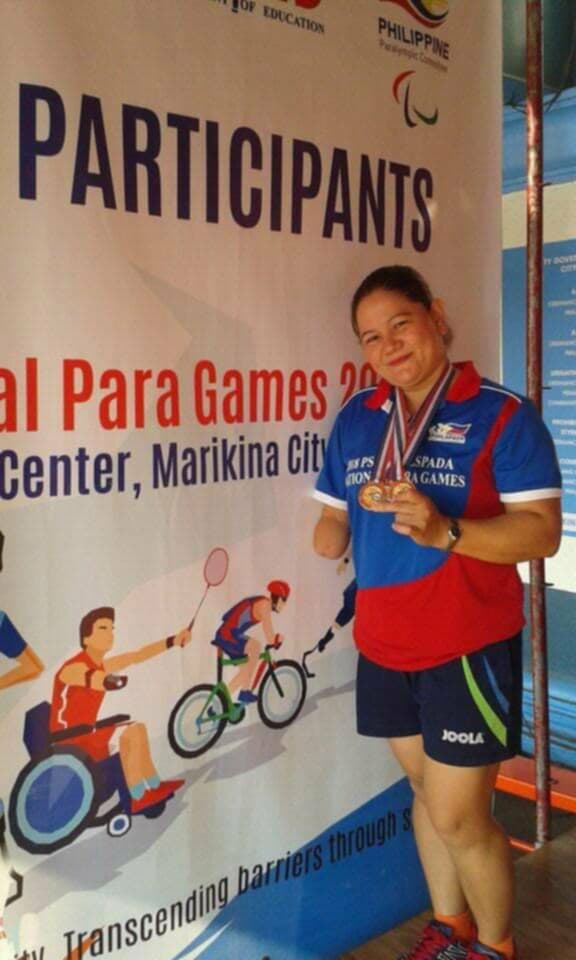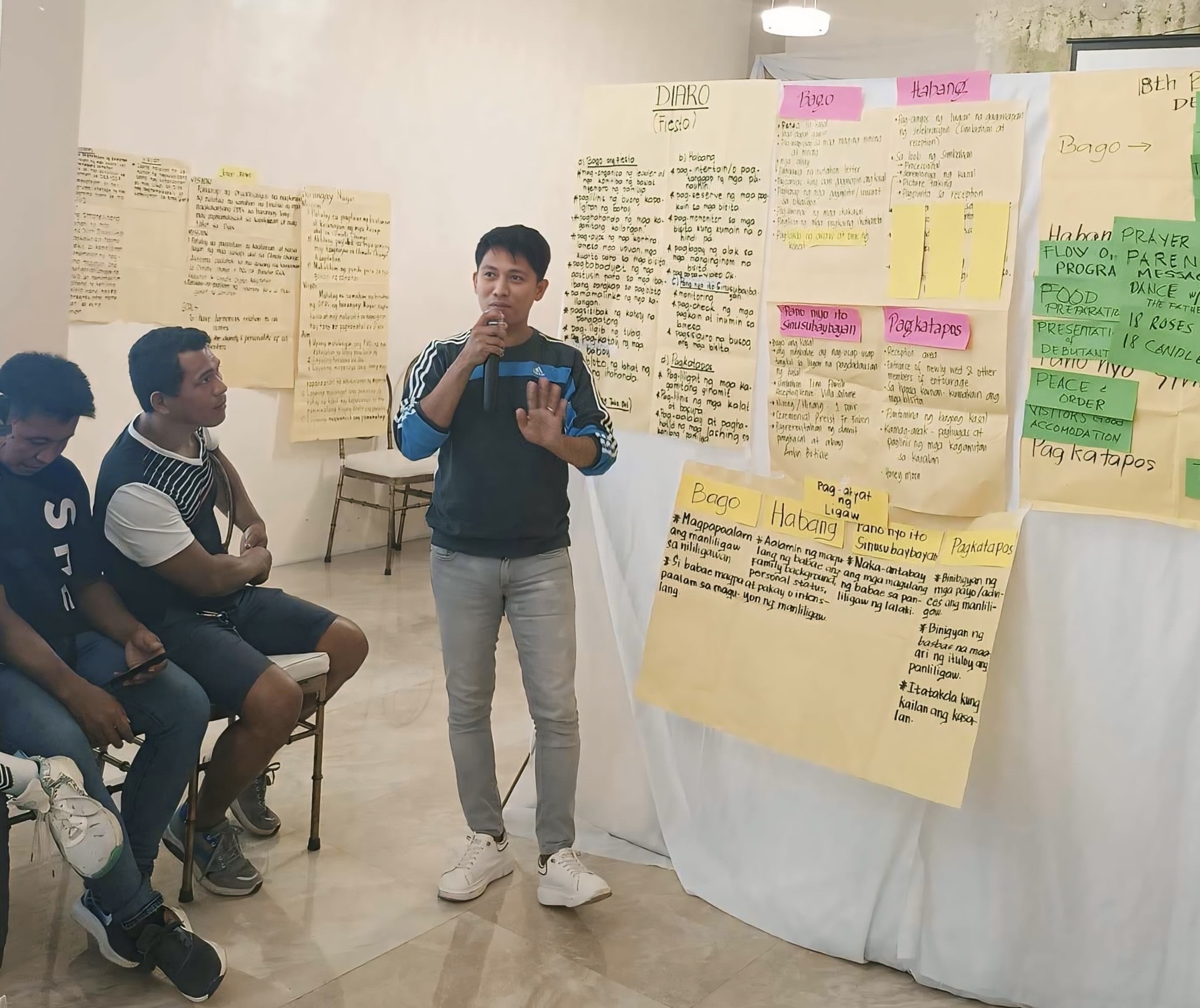Shahadat: keeping my community safe in disasters
Stories | August 10, 2022
In the Patauakhali district, one of the most disaster-prone regions in Bangladesh, you will find Shahadat. He is a married, 40 year-old man with three children, supporting his family by operating an event and catering business. Shahadat also has a disability. Since 2015 Shahadat has been the president of a Disabled People’s Organisation (DPO) where he has been passionately advocating for the rights of people with disabilities in his community.
The area where Shahadat and his family live frequently experiences disaster events. In 2007 cyclone Sidr, one of the worst disaster events in Bangladesh, hit the Patuakhali district. People with disabilities are among the worst affected when disasters strike and Sidr has had a long-lasting impact on Shahadat.
“I have experienced Sidr in 2007… It was drizzling from that morning, and at evening suddenly it became sunny… it was like someone was projecting light in the sky. Then… the rain and the storm grew strong. We didn’t get any prior notice. No prior news was given to us and we didn’t have any prior preparation [for the cyclone].”
“That tree fell down and when it fell on the house we started crying, shouting, and nobody was coming to help us. We were inside the house and we couldn’t figure where to go, and suddenly the flood water was increasing rapidly. My family was with me and my mother. My mother was taken to the cyclone centre… then nobody returned [to take us to the centre].”

“Then at 3:00AM in the night people came and took me, my kid, and my wife were taken to the shelter… Trees fell down on the street and that was difficult for me and they carried me, and then by holding my hand they took me.”
When Shahadat returned his house had been destroyed and his crops had been ruined by the flood.
“I cried a lot. I thought that I had lost everything and I have nothing left. We were sad. We didn’t have anything left. What to eat, and who would come for help? There was no crops left on the field.”
Before cyclone Sidr Shahadat wasn’t aware of what to do when a disaster came, and wasn’t included in any community planning or preparation for disasters. But since 2017 he has been involved in a CBM-supported Disability Inclusive Disaster Risk Reduction (DiDRR) project, which aims to reduce the risks faced by people with disabilities during disasters.
Shahadat now has greater awareness about what to do in case of another disaster and feels more prepared.
“I think I am safer, and I know about disaster. I know about the signals and I have preparations for disasters, and I have plans and I am ready to face disasters.”
Shahadat also works to keep other people with disabilities and his community safe during disasters.
“I work for the rights of people with disabilities through this DPO… I am the joint convenor of the District Disaster Committee where we discuss about disaster management. We also discuss about disaster management in our DPO meetings. We have listed down the names of all people with disabilities in this area and we follow-up with them during cyclone.”
Including people with disabilities like Shahadat in decision-making around disasters helps to ensure that the needs and rights of people with disabilities are considered.
“[in planning for a disaster] we need to go to persons with disabilities to know the challenges [they face], then we can know advantages and disadvantages for them. And in this regard, if we have any activity, if we provide any services, we can make sure it is right for people with disabilities.”
Being involved in the DiDRR project has also changed how Shahadat is viewed by his extended family and the community.
“Prior to DiDRR people didn’t listen to us that much because they had a negative attitude as there were lots of stigma about people with disabilities… I can see change among my family members. I engaged them – my brother and sisters – in discussions to make them aware about people with disabilities and now they help me a lot. People in the community call me in social events. I am proud to be part of the community events. I feel proud and confident.”
People with disabilities are disproportionately impacted by disasters. But this isn’t inevitable. Taking a DiDRR approach is just doing good DRR and can make sure that everyone is a community is safe when disasters strike.
“I believe people with disabilities will be much safer if a disaster happens now.”
Take action now: Join the campaign for disability inclusive disaster risk reduction
The Community Centred Disability Inclusive Disaster Risk Management project receives support from the Australian Government through the Australian NGO Cooperation Program (ANCP).
https://www.cbm.org.au/stories/shahadat-keeping-my-community-safe-in-disasters
Related Stories

Aiming for gold and championing the rights of people with disabilities
Minnie, a 40-year-old mother of two and Treasurer of...

Jay’s journey: from hiding his disability to advocating for change
Jay, a 31-year-old hairdresser from the Philippines and father...

The Blessed Life
Mary learnt the depths of the implications of living the blessed life. The angel Gabriel had told Mary that she was going to be pregnant with the Son of God....
